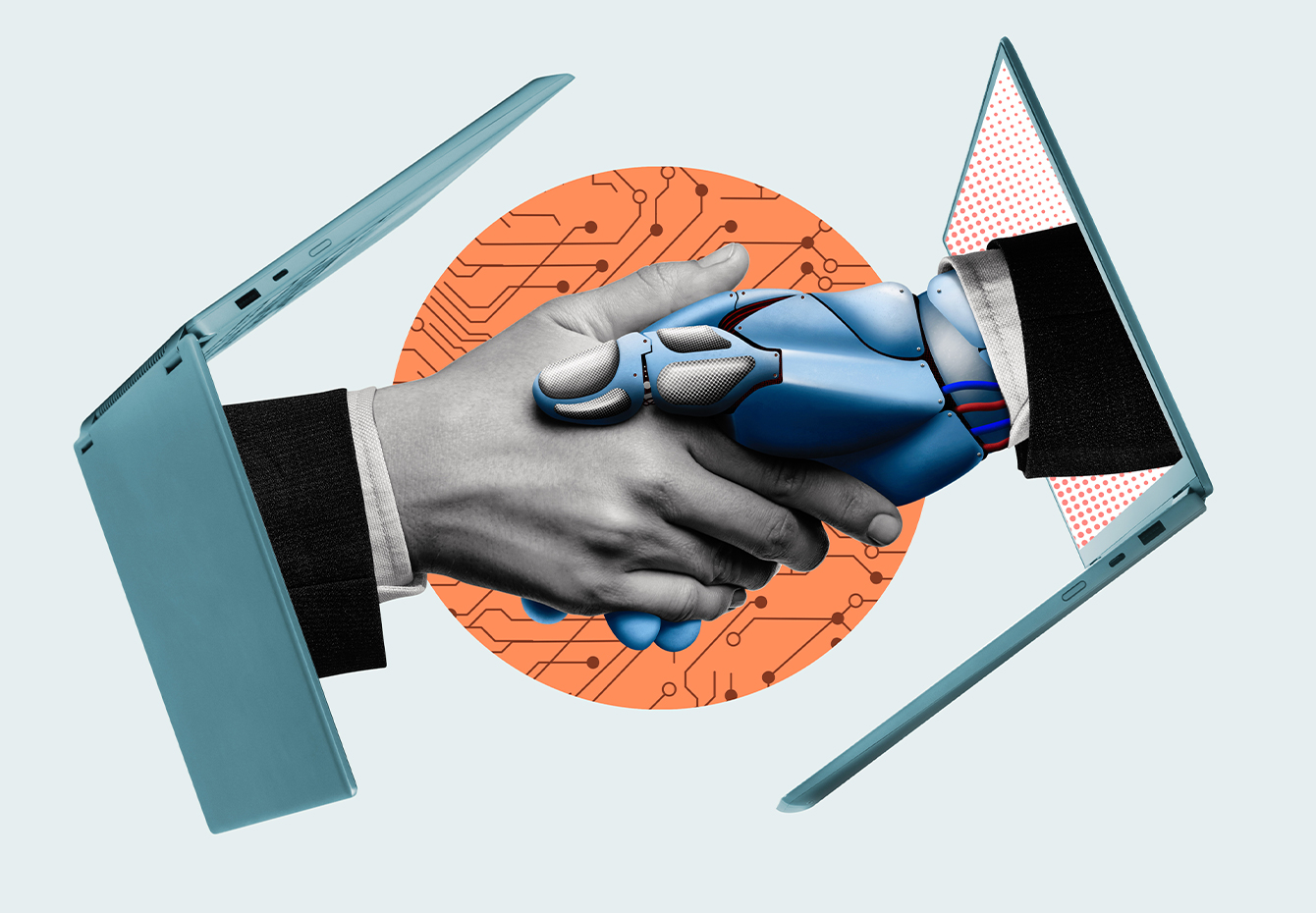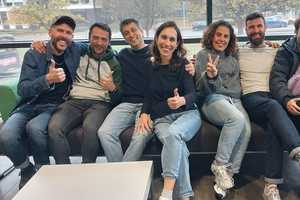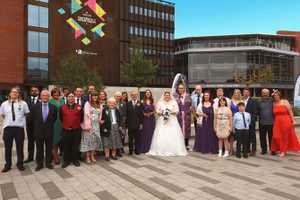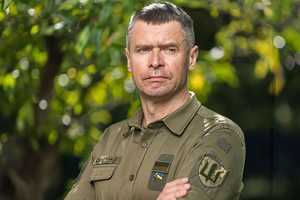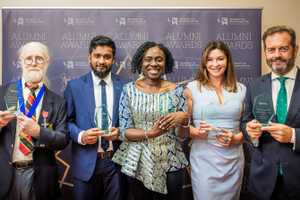Diana Mingels works at the forefront of artificial intelligence (AI) research and looks forward to a bright – if unpredictable – technological future.
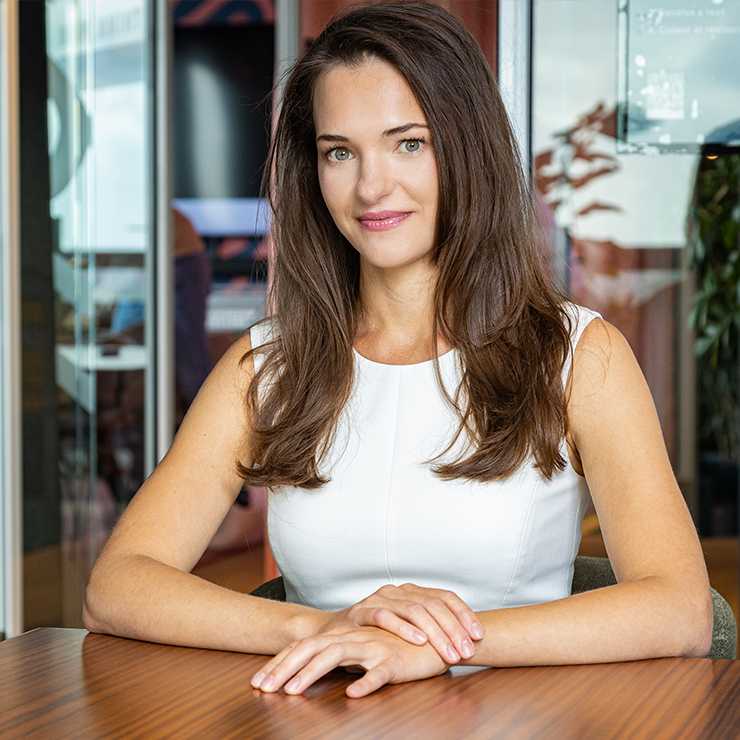
As the head of machine learning for Kensho, S&P Global AI Innovation Hub, Diana’s aptitude for language-learning propelled her into a career in which she strives to push beyond the boundaries presented by AI.
Hailing from a family of scientists and technical engineers, it’s tempting to suggest that Diana was always destined for success. She grew up in Russia and was learning English by the time she was five years old, studying French by ten, and then at the University of St Petersburg she learned Spanish and German.
Diana said: “Somehow my life always pushed me to learn different languages. When I was closer to graduating from school and looking at what I wanted to study, my mum found an interesting specialism called ‘mathematical linguistics.’
“It combined mathematics and languages, and while we didn’t entirely understand what it was for or where it would take me, it was popular, and the faculty told us that it had tons of potential.
They said it was going to be the future, and I was like, alright, sounds great.”
After successfully completing this course, Diana studied an Erasmus Mundus Master’s in Natural Language Processing and Human Language Technology at the University of Wolverhampton, where she gained confidence in her programming abilities and began working on her own aligned projects.
She said: “I felt more rounded and independent after I graduated from the programme. The projects we worked on helped me kick-start my career path in NLP (natural language processing) and the machine learning world.”
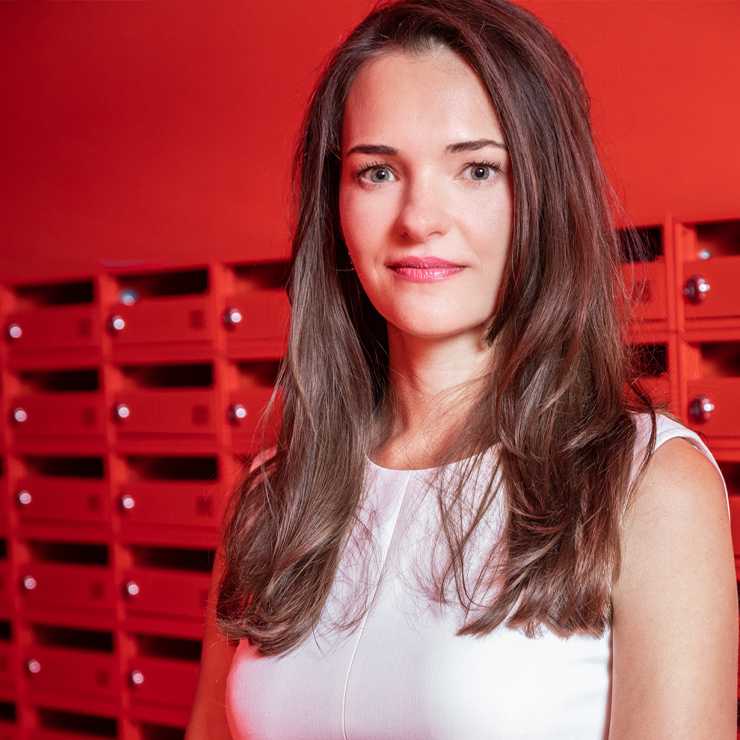
Diana’s rise to her current role took her through different stages of the NLP industry, working as a computational linguist, then natural language processing engineer, and more recently a senior software engineering manager for Capital One.
Now, working for Kensho Technologies in Washington DC, Diana applies machine learning – the development of computer systems that can adapt without following direct instructions – to natural language processing tasks. This sees her leading teams working on long-term research projects dedicated to conversational artificial intelligence and creating solutions with their findings.
They just learn the data and can’t understand if it’s good or bad, or if it’s fair or not.
Diana said: “We serve as an AI innovation hub for our parent company, S&P Global. We build prototypes, we test different technologies, and we scan the market for available new technologies. That means there is a lot of experimental work, but with an applied angle.
“We are doing end-to-end development of AI on a large scale within our company.”
The concept and field of AI is enormous and at times baffling to the layperson, but the impact it has on everyday life has skyrocketed in the last couple of years. It’s part of every industry now: from healthcare to food tech, logistics to travel, and real estate to media and entertainment. But one area of research has caused an even greater stir: the rise of AI chatbots, such as ChatGPT.
Diana said: “Chatbots have existed for a long time, and I’ve been a part of their development for 15 years now. I’ve seen their evolution: in the beginning, they used simple rules-based algorithms that, for example, would say hi back to you if you greeted them, or if you mentioned your name, they would mention your name back.
“When machine learning took over, the algorithm became more sophisticated, and now generative AI is bringing us to a completely different level. For now, though, there is no real intelligence behind it.”

The latest iterations of AI chatbots have been exposed to billions of interactions and texts online, and when they speak with a human user, they use this knowledge to predict the next word they should use in the conversation. They remember everything they’ve ever learnt, meaning that in some ways they are superior to humans, but as Diana says, they are currently just predicting what should come next via machine learning algorithms rather than conscious decision-making.
With an awareness of both the strengths and shortcomings of current AI models, Diana’s teams try to find new ways for the models to perform intelligent, useful tasks. This is an exciting field, but one that is fraught with challenges.
“There’s a lot of dangerous and bad, bad stuff on the internet that those AI models have read and absorbed without any additional guidance. AI models sometimes just spit out all the bad stuff because there is so much toxicity and aggression online, and it can make them become biased.
“They just learn the data and can’t understand if it’s good or bad, or if it’s fair or not.”
With any technological breakthrough – especially one as far-reaching as the dawn of AI – there will always be opportunities for criminals to use them for nefarious means.
Diana said: “People started hacking into them and tricking them into saying harmful and bad things. That’s why companies had to mitigate some risks like these by introducing safety mechanisms to defend the models from attacks.
“There’s now more control over the outputs that they produce, but the fact that these models have all this harmful information within them means that they are like a timebomb, and it’s a 25 race against the hackers to stop them exposing or encouraging harmful behaviours.
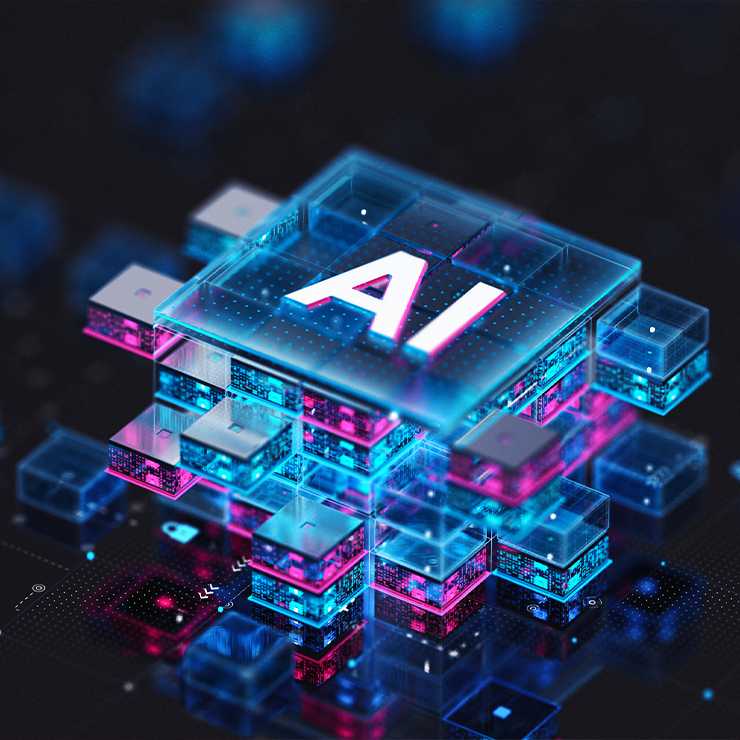
“However, the answer isn’t to stop making progress, because the tech is already out there. We just need to remain on top of it and realise what the dangers are and make sure we address them.”
The development of artificial intelligence is moving at mind-blowing speed, so it is a relief that people like Diana are leading the charge in a responsible yet courageous way.
Diana said: “I think AI is going to transform our lives completely, and I think it’s going to happen on a much faster scale than it has in the past. We will continue to witness exponential growth in the speed of innovation, accompanied by the emergence of groundbreaking inventions.
“The latency of these AI models is also going to decrease, so that they will answer even very technical questions instantaneously.”
Diana dreams of a future where everything to do with AI will be democratised, and everyone will have their own internet avatar that can speak any language imaginable.
In closing, Diana added: “I am very fortunate to be where I am today and to be at the forefront of this technology. I feel like I’m helping shape the future, and figuring out where all this technology is going to take us. It is both humbling and inspiring.”
